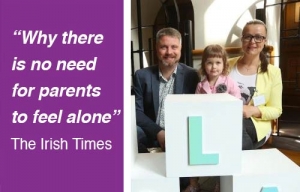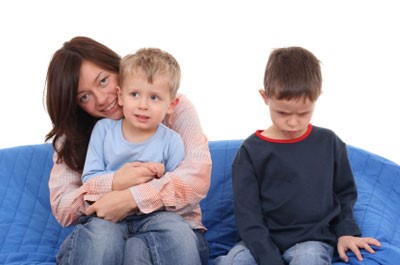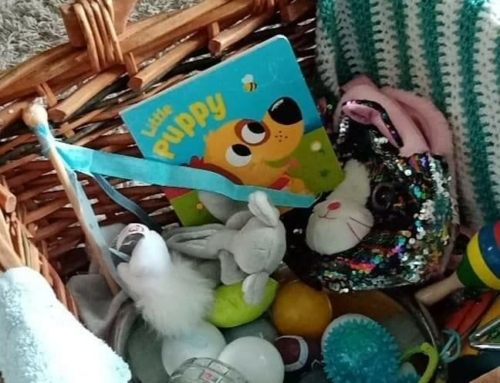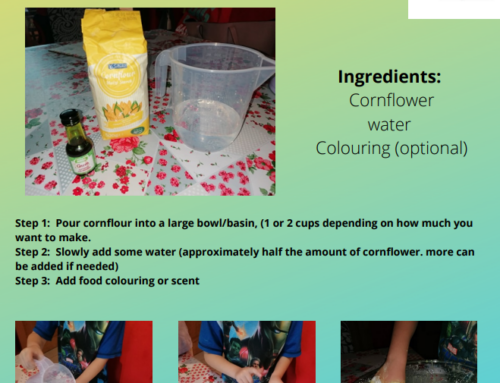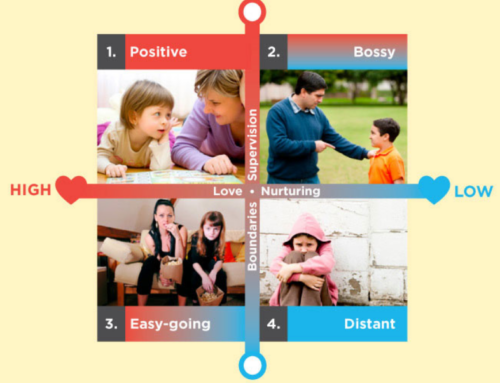If you think back to when you were a young child growing up, did you think there was one brother or sister you thought your Mum or Dad favoured the most? Got away with everything? While you got away with nothing! For the majority of people, the answer is YES! If your young child is now saying statements to you such as “You love them more than me” or “they always get away with everything!” Your child is thinking the exact same way you were thinking when you were growing up.
Being at the receiving end of such questions or accusations is not a nice feeling. You may find yourself struggling to answer the question. Horrified at the thought they would even think this or you may want to defend yourself against the accusation.
Going on the defensive will not help. Your child will automatically think you are simply defending your actions and may even think you are sticking up for the other sibling. Instead, it is important that your child feels listened to and understood.
Ways you might do this include:
- Listening to what your child may REALLY be saying
If your child is saying to you “You love her more than me!” Perhaps what they are really saying is I’m afraid my new brother or sister is going to take my place. Or you don’t give me as much attention as I need, I feel abandoned or alone. I need you!” Children take a mental note of how much time you are spending with their brothers or sisters and weigh this up against the amount of time you are spending with them. They are determining who you are spending the most time with and thinking this is the person you love the most.
- Reflecting unsaid feelings back to your child
Let your child know that you understand how they are feeling by putting their feelings into words. Examples of how you could say this include, “I know you’re feeling angry because Mummy is spending a lot of time with your new little brother or sister”. By doing this you are also validating their feelings and helping them express their feelings by labelling their emotions for them.
- Reassure them you love them all equally
Reassure your child you love all your children equally but in different ways. For example, if you have a new baby you could say “Mummy’s love for you is special for you and always will be. I don’t have to take any of my love away from my love to you to give to your new brother or sister. I have a whole lot of new love to give to them. This new love is different because you and your new brother or sister are different but it is no bigger or better – just different. I love both of you”.
- Spending ‘Special Time’ with your child.
Try making a point of spending some quality time with your child. It doesn’t need to be a long time but it does need to be consistent. Even 10-15 minutes whenever suits you. This could be when you know the baby will be sleeping or even after dinner. The important point is that you spend this time only with them. You could talk about it beforehand and ask your child to choose or plan something they would like to do during their special time with Mummy or Daddy. This will add to the excitement of special time. This 10-15 minutes of one to one time will be more valuable to them than a whole day half-listening to your child as it will make them feel important, boost their self-esteem and confidence.
By replying to your child with these strategies you are letting your child know they are important to you, you love them just as much as you love your other children but in a different way and there is no favouritism. This will help your child feel safe, secure and loved enabling them to relax and be more accepting of the time you spend with your other children without them feeling jealous and neglected. Not only do these strategies help strengthen the parent-child relationship but you are also laying down the foundational blocks of a positive sense of self in your child, This enables them to flourish as healthy and happy children who become healthy, happy, responsible and productive adults.
If you would like to find out more information on parenting tips and child development check out our Growing Together Newsletter on our website or our webinars on our YouTube page.

